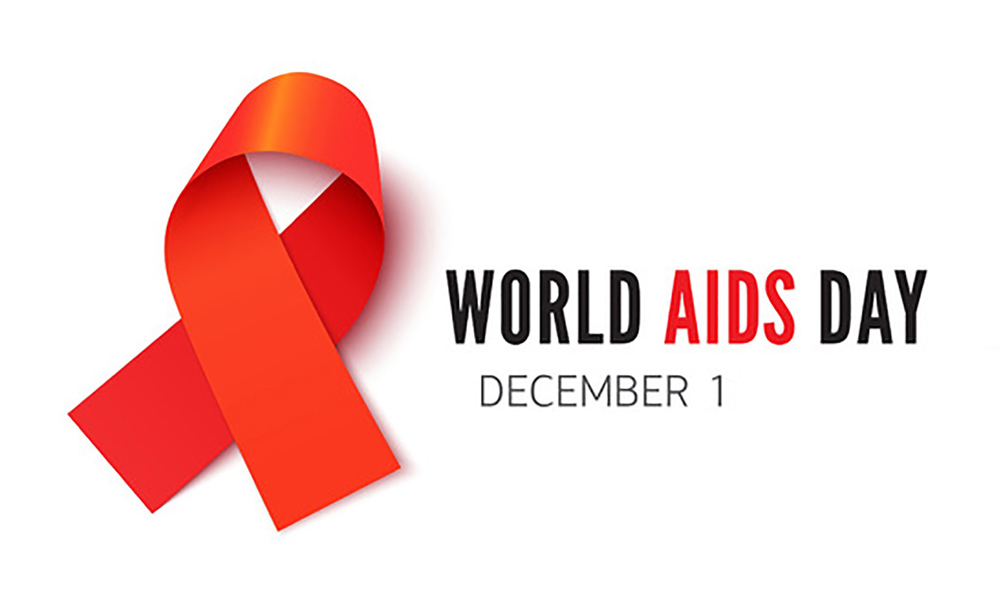World AIDS Day takes place on 1 December each year. It’s an opportunity for people worldwide to unite in the fight against HIV, to show support for people living with HIV, and to commemorate those who have died from an AIDS-related illness. Founded in 1988, World AIDS Day was the first ever global health day.
Why is World AIDS Day Important?
Globally, there are an estimated 38 million people who have the virus. Despite the virus only being identified in 1984, more than 35 million people have died of HIV or AIDS related illnesses, making it one of the most destructive pandemics in history.
Today, scientific advances have been made in HIV treatment, there are laws to protect people living with HIV and we understand so much more about the condition.
World AIDS Day is important because it reminds the public and government that HIV has not gone away – there is still a vital need to raise money, increase awareness, fight prejudice and improve education.
Since the beginning of the epidemic, around 84.2 million [64.0–113.0 million] people have been infected with the HIV virus and about 40.1 million [33.6–48.6 million] people have died of HIV. Globally, 38.4 million [33.9–43.8 million] people were living with HIV at the end of 2021.









